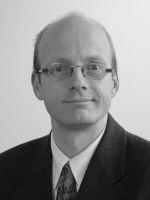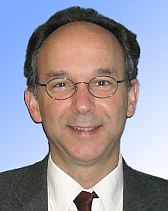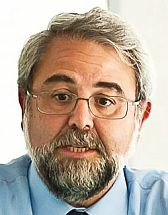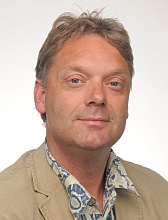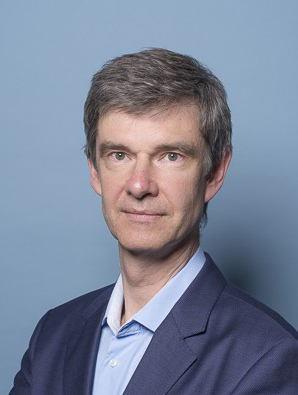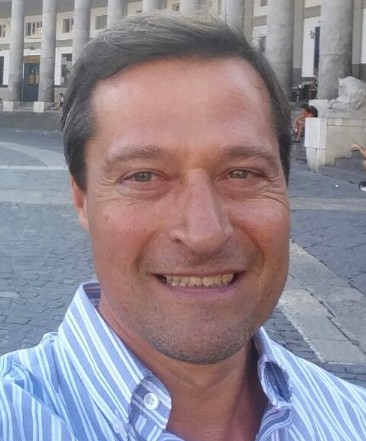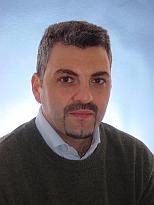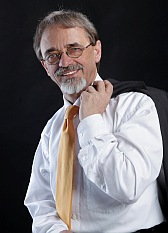Matthias Weiß is research scientist at the Fraunhofer Institute for High Frequency Physics and Radar Techniques FHR. He received the Dipl.-Ing. degree in electronic engineering from the Technical University of Braunschweig/Germany in 1992 in electrical engineering with the focus on high frequency and optics.
He started to work at the Technical Faculty of Engineering at Christian-Albrechts University of Kiel, Germany, where he received his PhD in electric engineering in 1998. Dr. Weiß joined in 2001 Fraunhofer Institute for High Frequency Physic and Radar Technique, Wachtberg, Germany, where he is currently a Senior Researcher working in the area of digital radar, signal processing, digital beamforming, MIMO radar, distributed radar networks and compressive sensing.
Dr. Weiß has been visiting scientist at the Institute for Electromagnetic Sensing of the Environment (IREA) of the Italian National Research Council, Naples. Since 2009 Dr. Weiß is organizing and likewise lecturing at the International Summer School on Radar/SAR of the Fraunhofer Institute, he also organized and chaired sessions dedicated to SAR/SAS processing in several international conferences. He has authored and co-author of numerous papers (peer-review journals and proceedings of international conferences) and frequently serves as a reviewer for various international conferences and journals. He was and is member of the scientific program committees of several international conferences and served as an Editor of the special issue dedicated to EUSAR 2008 of the IET Radar, Sonar & Navigation and of the IEEE Transaction on Geoscience and Remote Sensing (TGARS) dedicated to EUSAR 2010 and 2012, respectively.
He organized several NATO Specialist Meetings, Symposia, and Lecture Series, where he also gives lectures. Since 2006 he is the EUSAR Executive, and he has been the Technical Chair of EUSAR 2010, 2012, and 2018. In 2012, 2013, and 2016 he organized the International Workshop on Compressed Sensing applied to Radar (CoSeRa) in Bonn and Aachen, Germany, the NATO Specialist Meeting SET-213 on “Compressed Sensing for Radar/SAR and EO/IR imaging” 2014, and for CoSeRa 2015, Pisa, he served as a technical chair. His general interests are in the areas of signal processing, estimation and detection, super-resolution spectral analysis, array processing, and compressive sensing techniques, with application to radar systems and distributed sensor networks.
